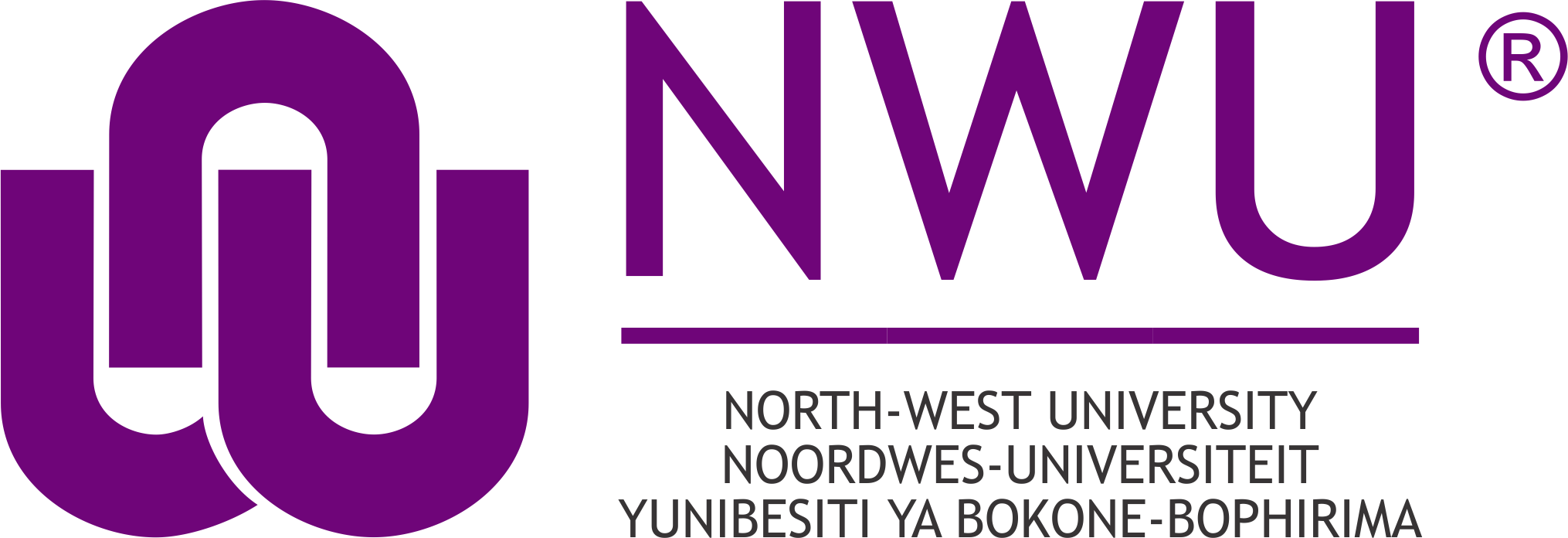NWU hosts public lecture on challenges of energy, water, food security
The North-West University's (NWU's) campus in Mahikeng hosted a public lecture on 30 July 2018 as part of the National Science Week Lecture series.
The lecture: "Using nanotechnology to address growing challenges of energy, water and food security nexus', was presented by Dr Lucky Sikhwivhilu.
He said nanotechnology can assist towards plant growth by producing more food and using less energy and water.
"Cape Town's record-breaking drought may have ended, but for many provinces, shortage of fresh water is the new normal," said Dr Sikhwivhilu. "Many water treatment technologies use a lot of electricity to provide only a few litres of fresh water. This makes these technologies unreliable and not favourable for deployment in areas where electrical grids are limited and fresh water is in short supply. Inevitably, the number of people affected by diseases caused by lack or poor quality water will increase.
"On the other hand, Eskom seems to be ravaged by countless challenges such as a rapidly escalating demand in power supply, which threatens government's forecast for economic development and growth in order to create jobs," he added.
"To keep up with this demand, more power stations and a greater coal supply are needed. An overuse of our coal resources will lead to depletion and poor sustainability. At the heart of all this, food supply is also under constant threat, with the global population growing at an alarming rate. With this, an average person will have limited or no physical and economic access to sufficient, safe and nutritious food to meet dietary needs for an active and healthy life."
Dr Sikhwivhilu believes nanotechnology could be a solution for all these challenges to secure a better future.
Dr Sikhwivhilu is the head of the DST/Mintek Nanotechnology Innovation Centre. He has a PhD in chemistry from the University of the Witwatersrand, and did his post-doctoral studies at the Institute of High Pressure Physics of the Polish Academy of Sciences, Warsaw, Poland. He currently also heads the India-Brazil-South Africa Nanotechnology Tri-lateral Initiative in South Africa, as national contact person for the four programmes in health, energy, water and advanced materials and sensors.
